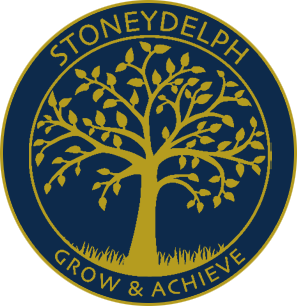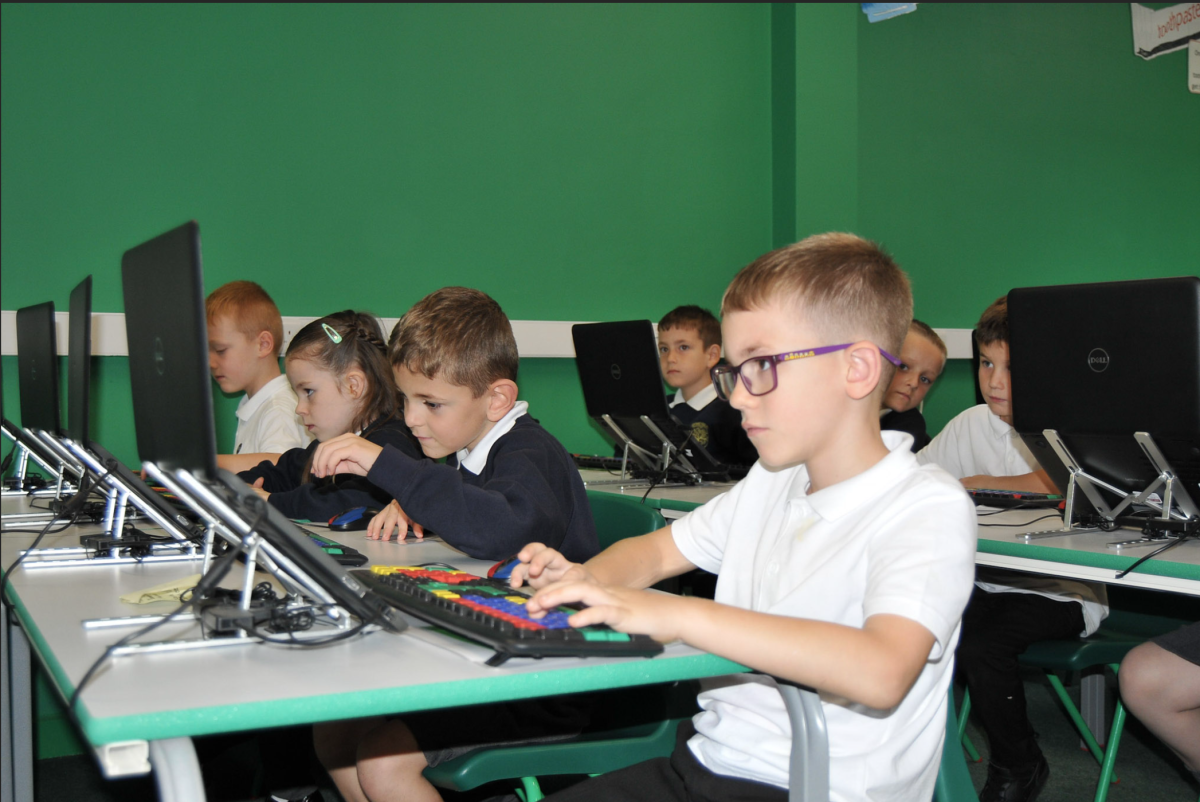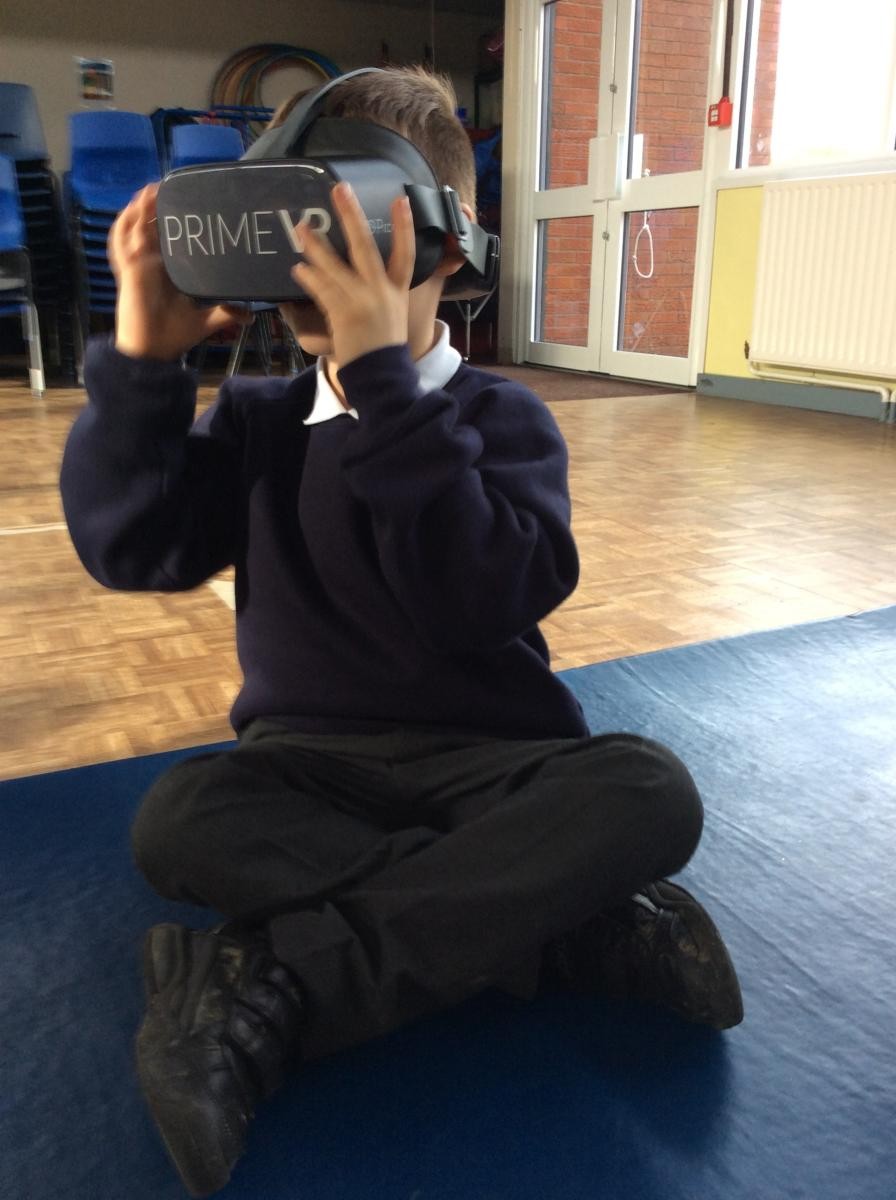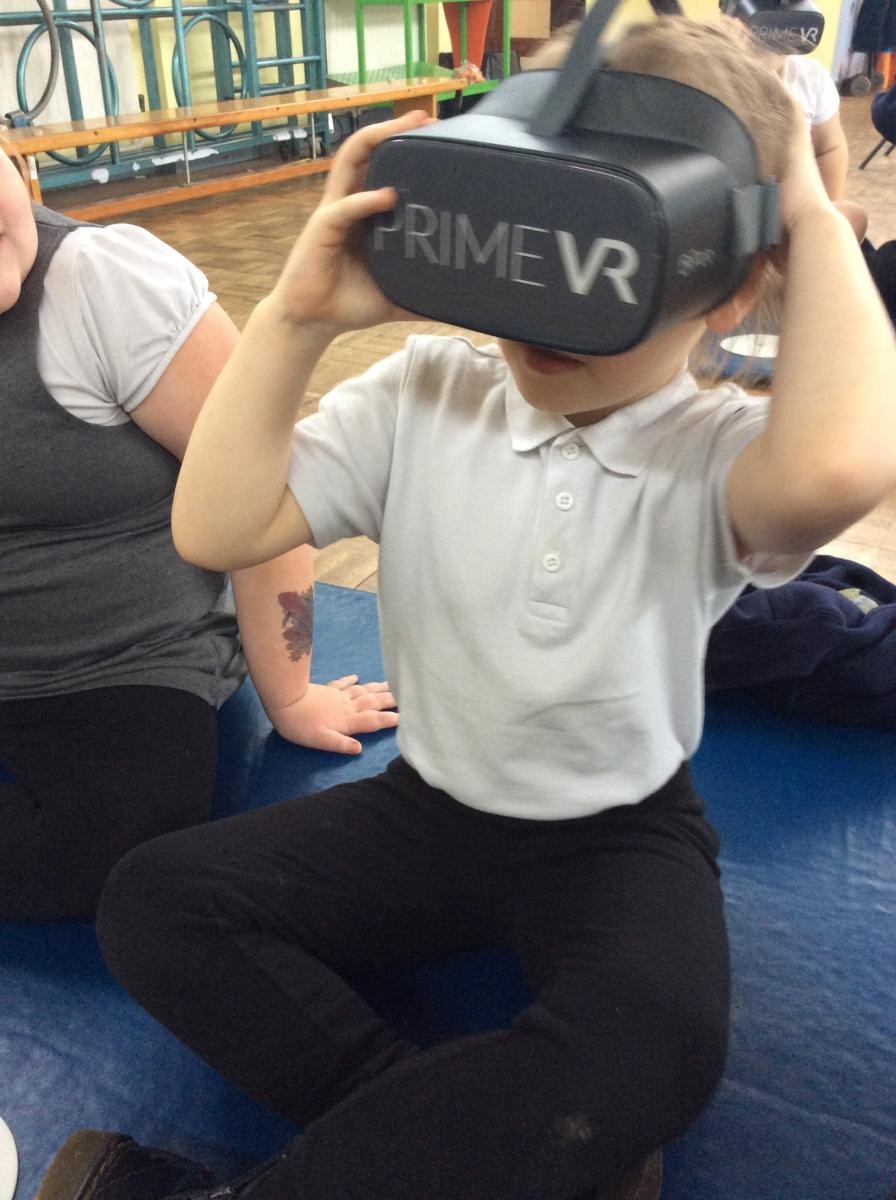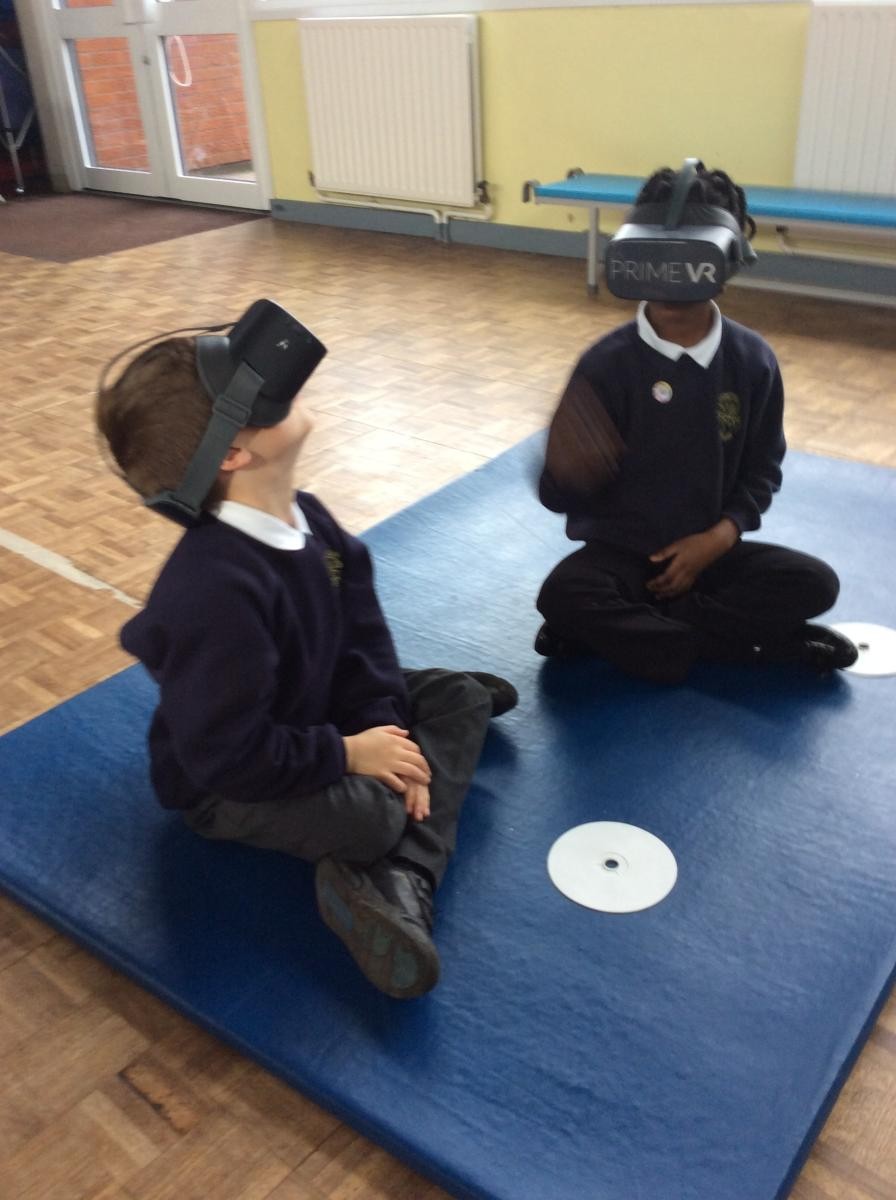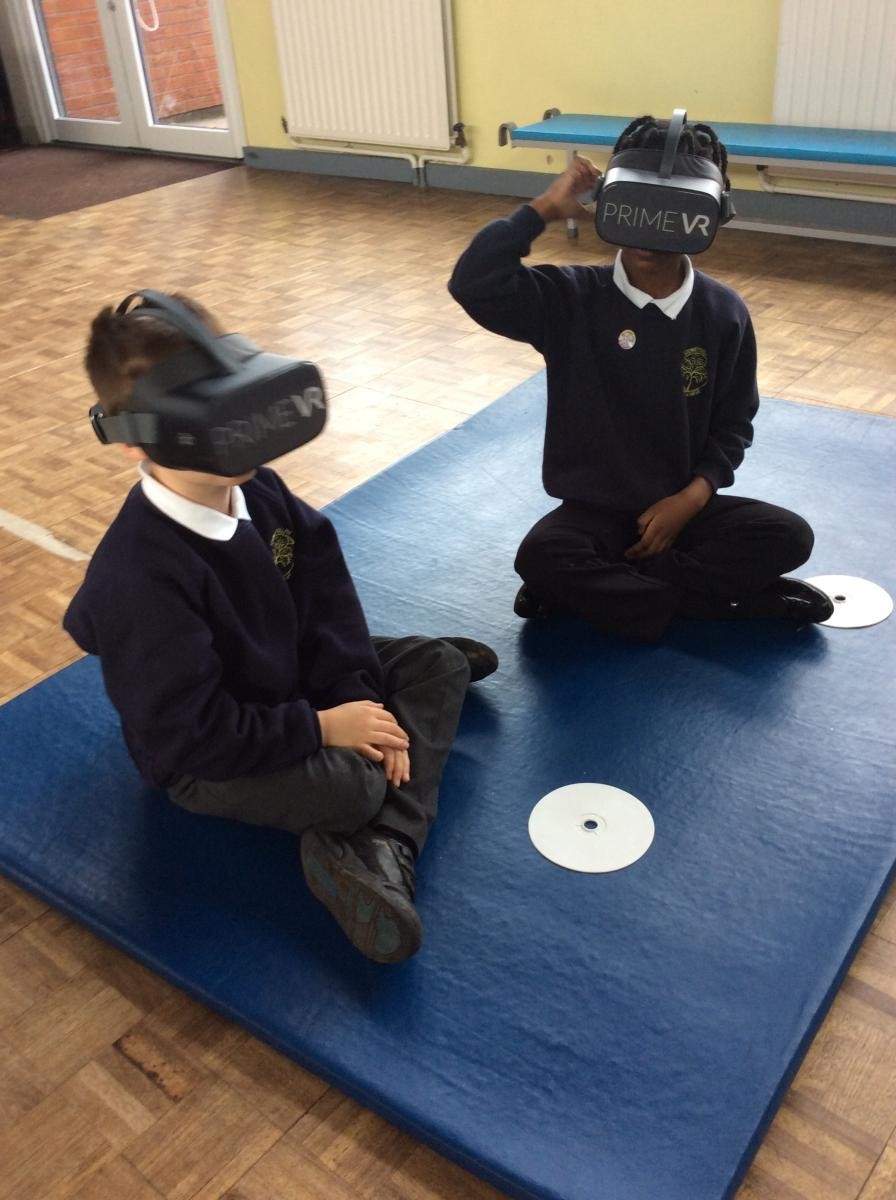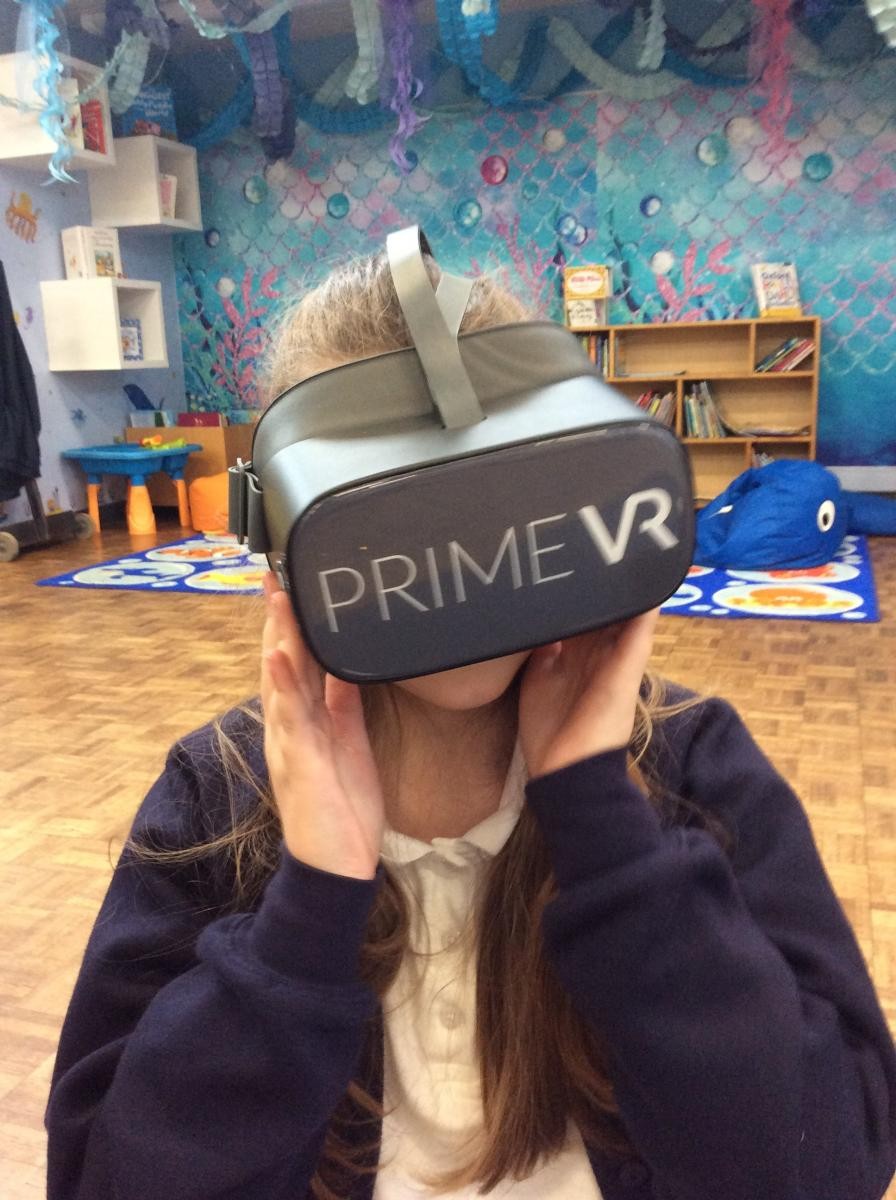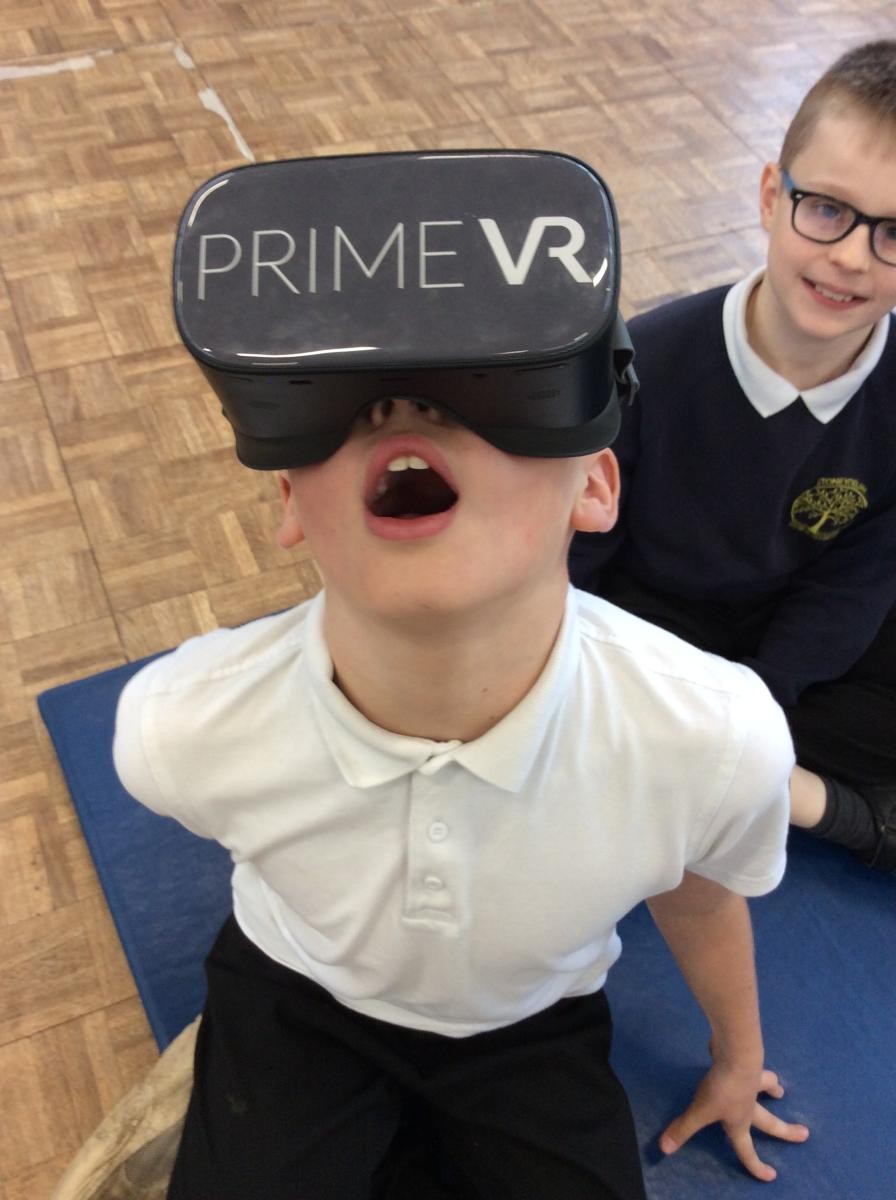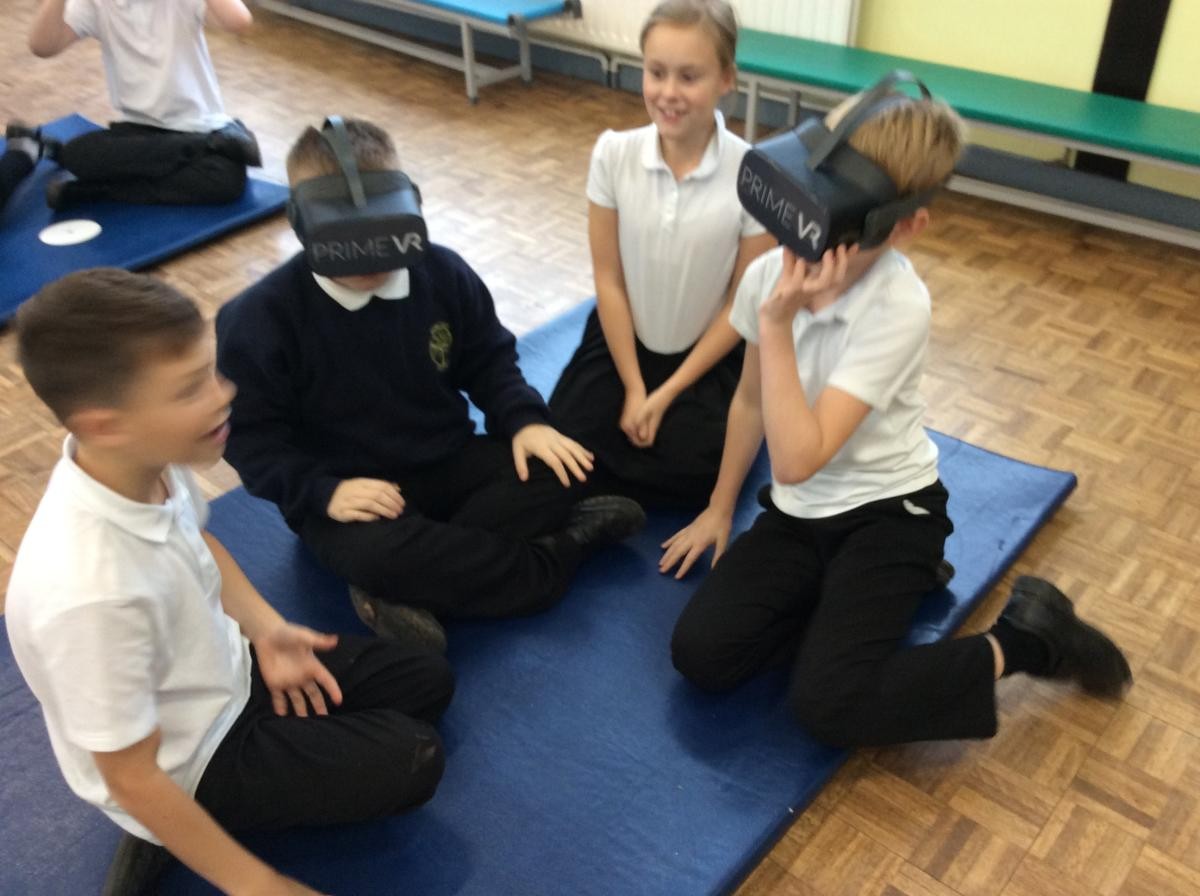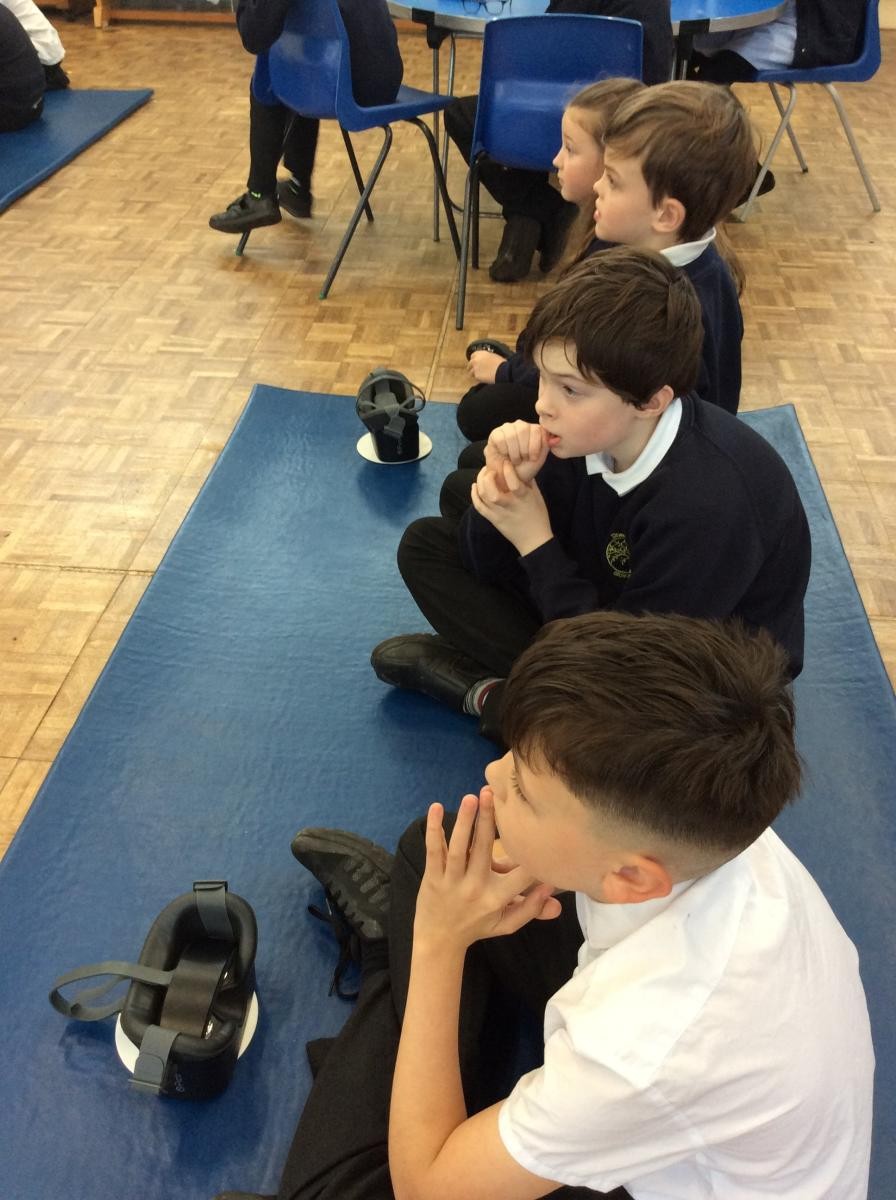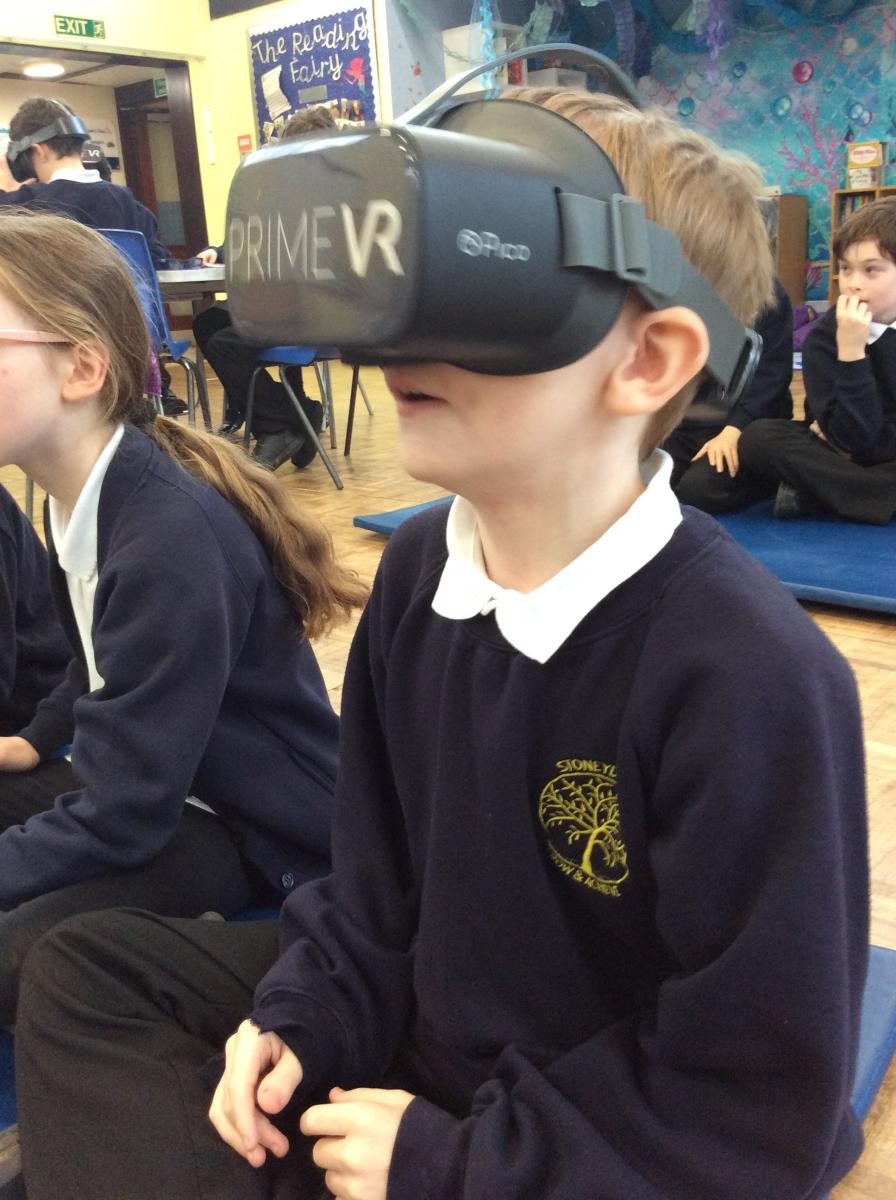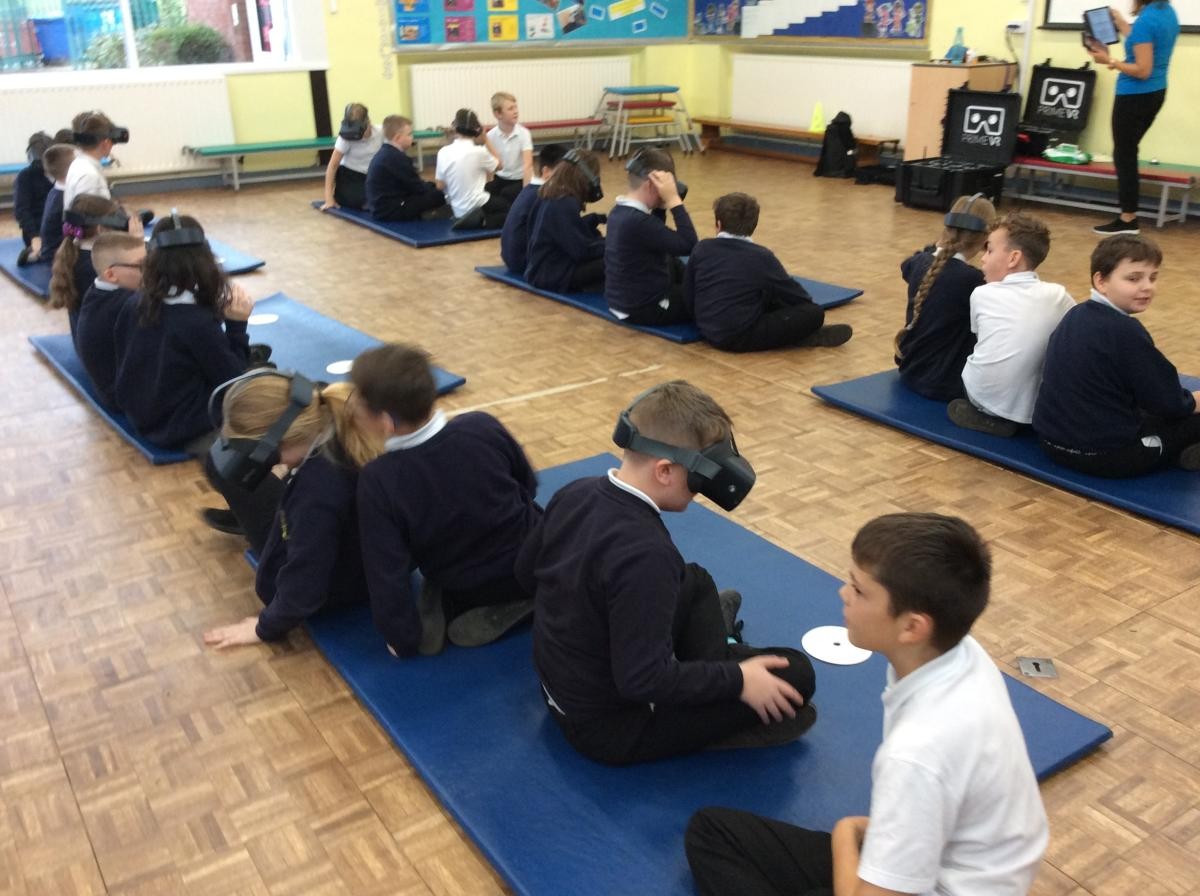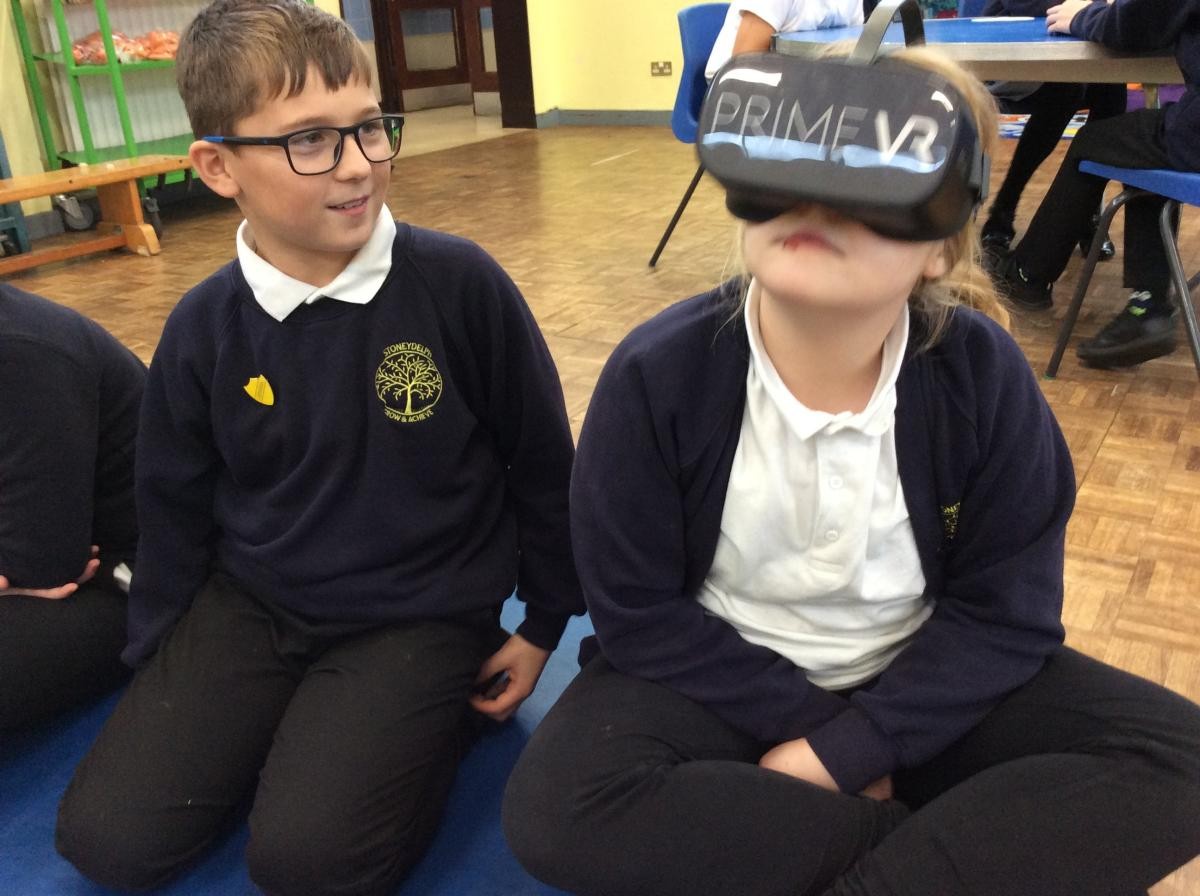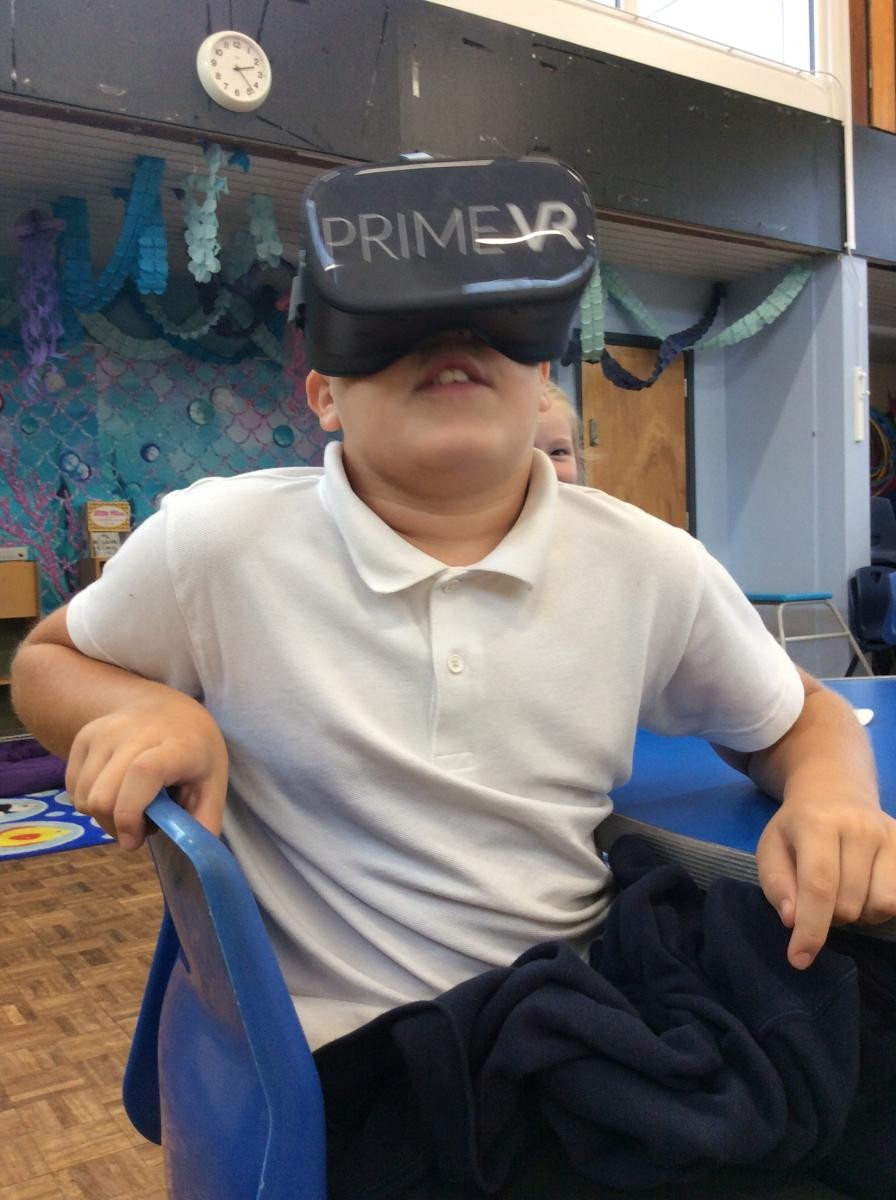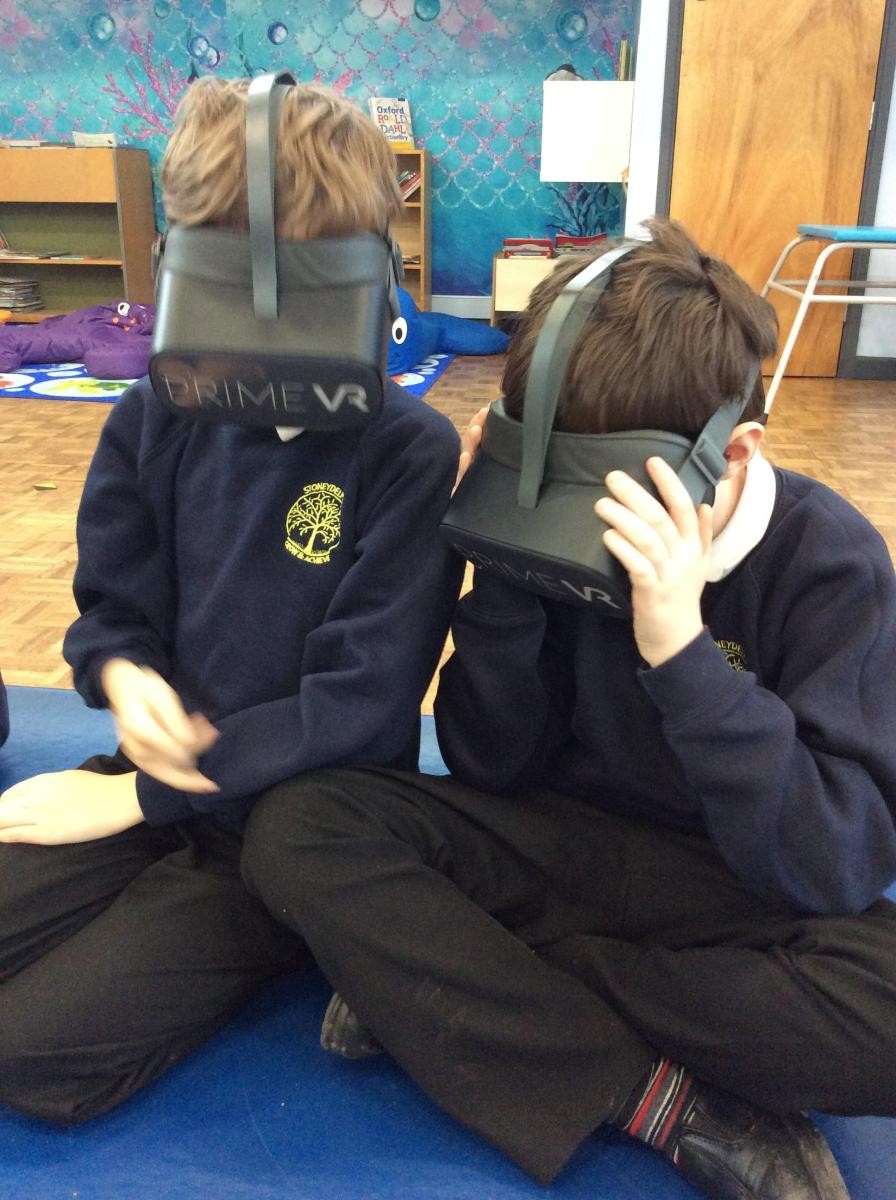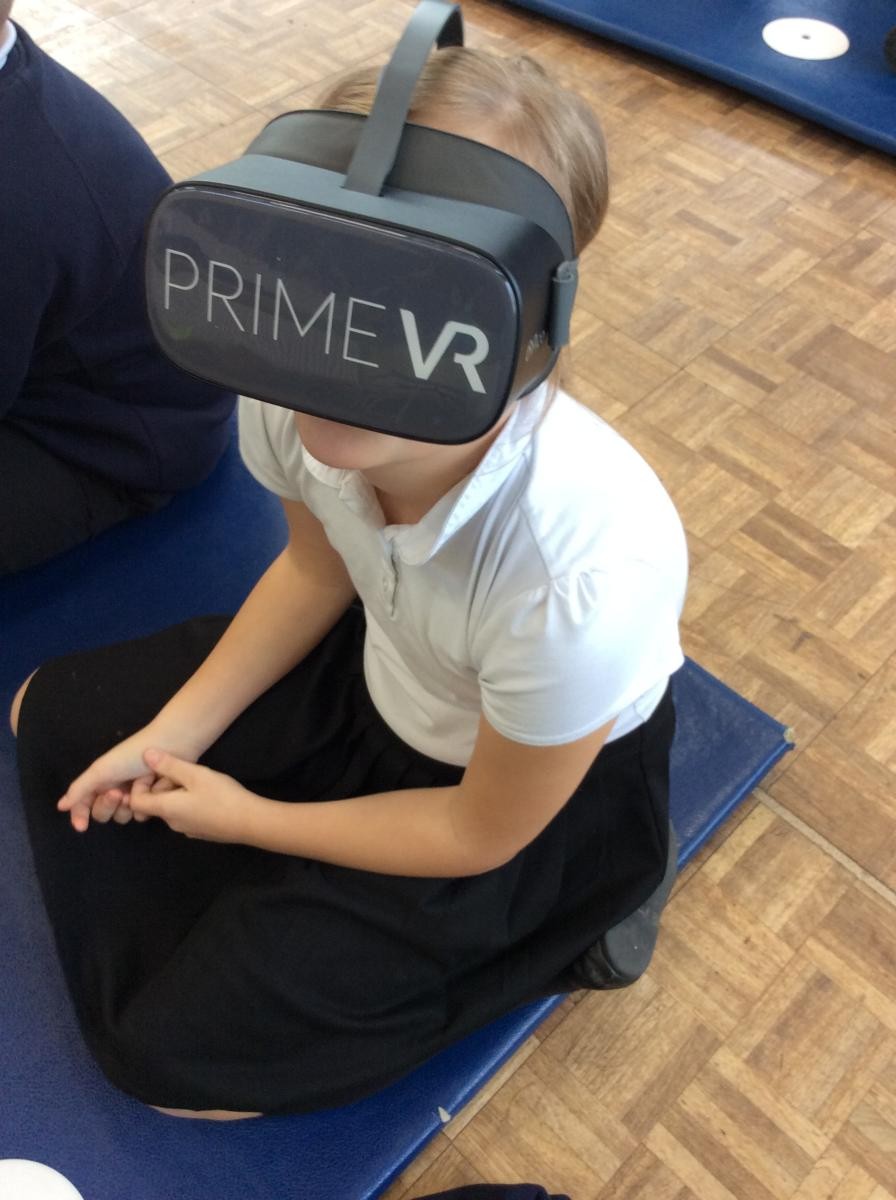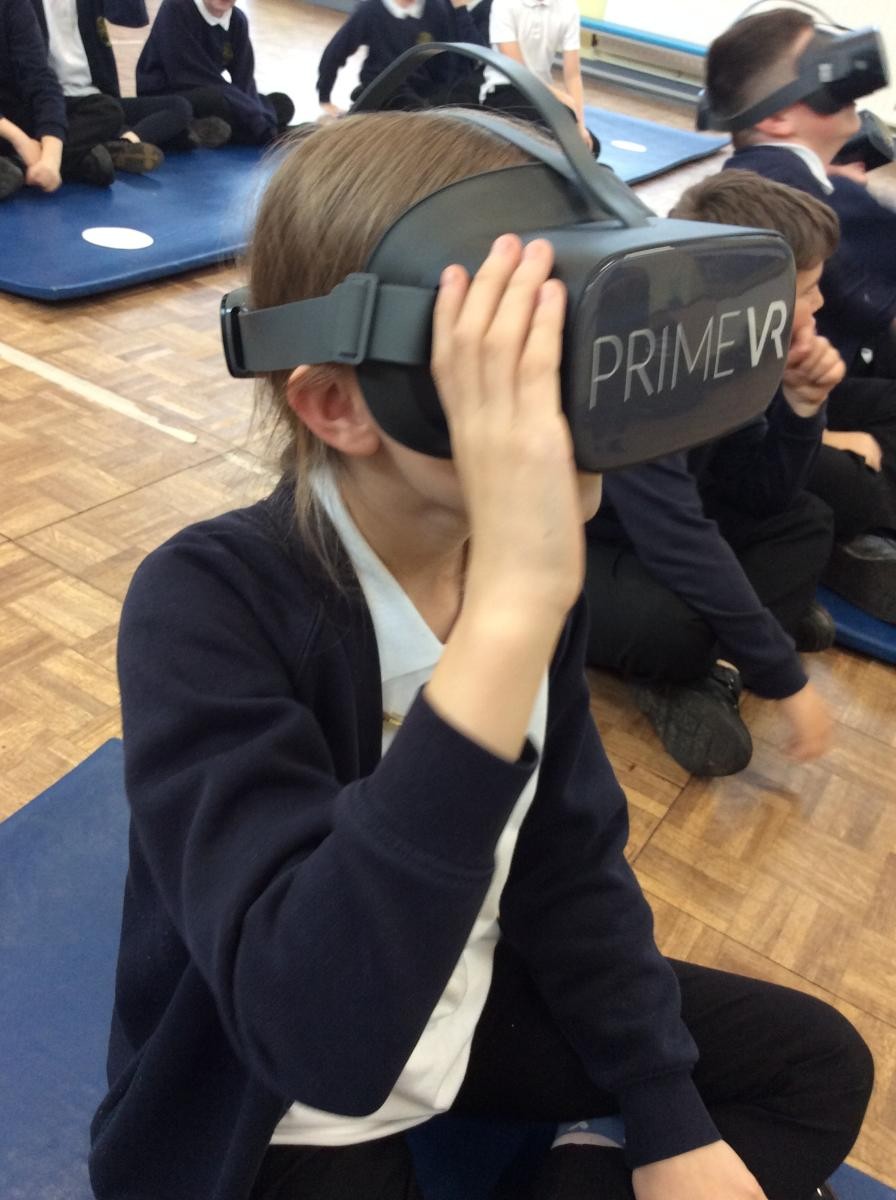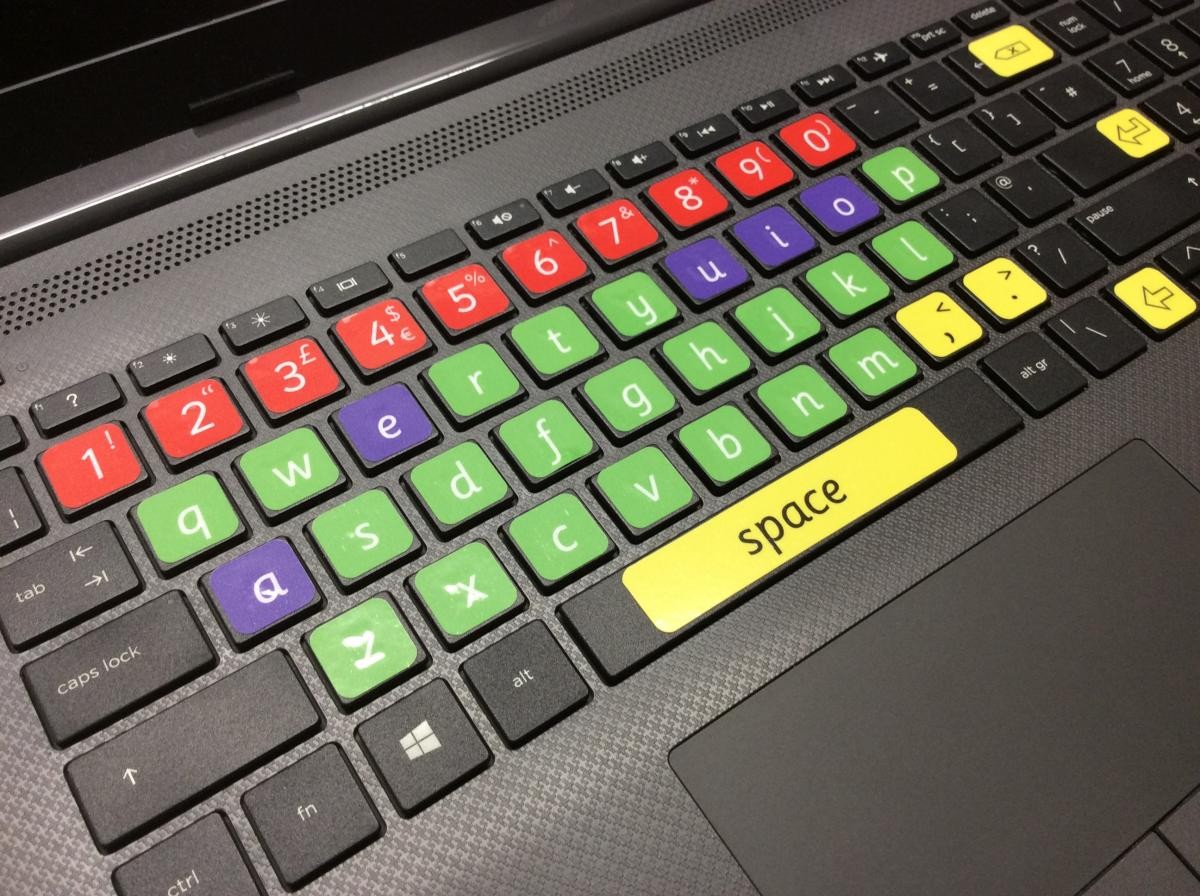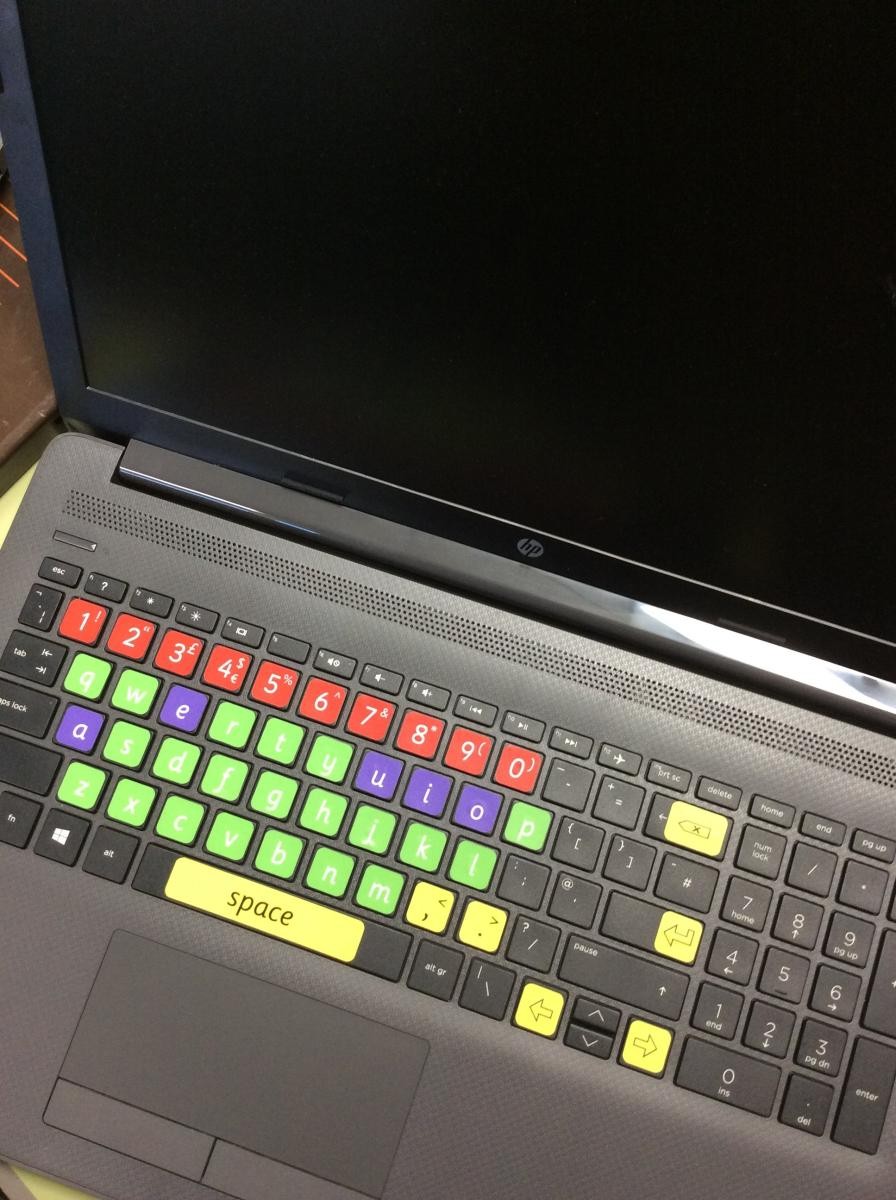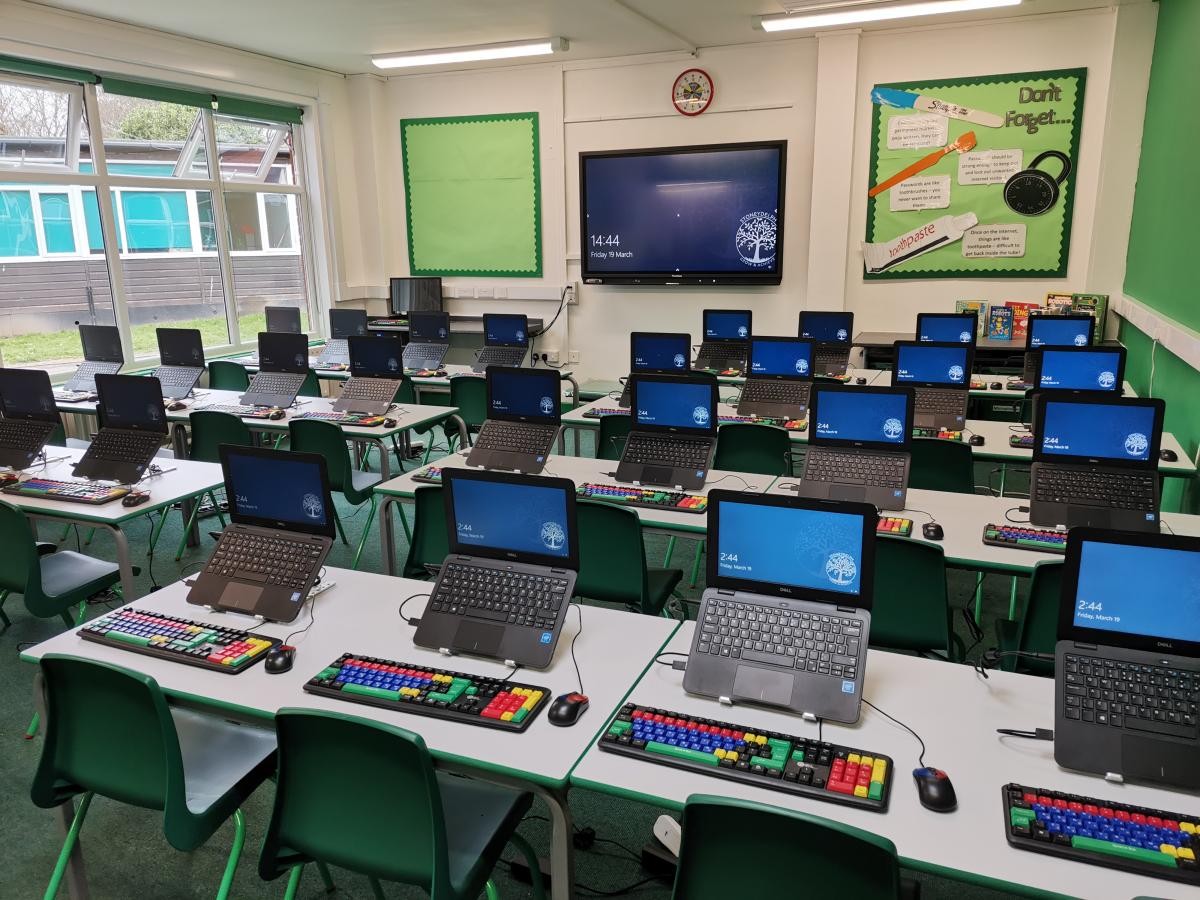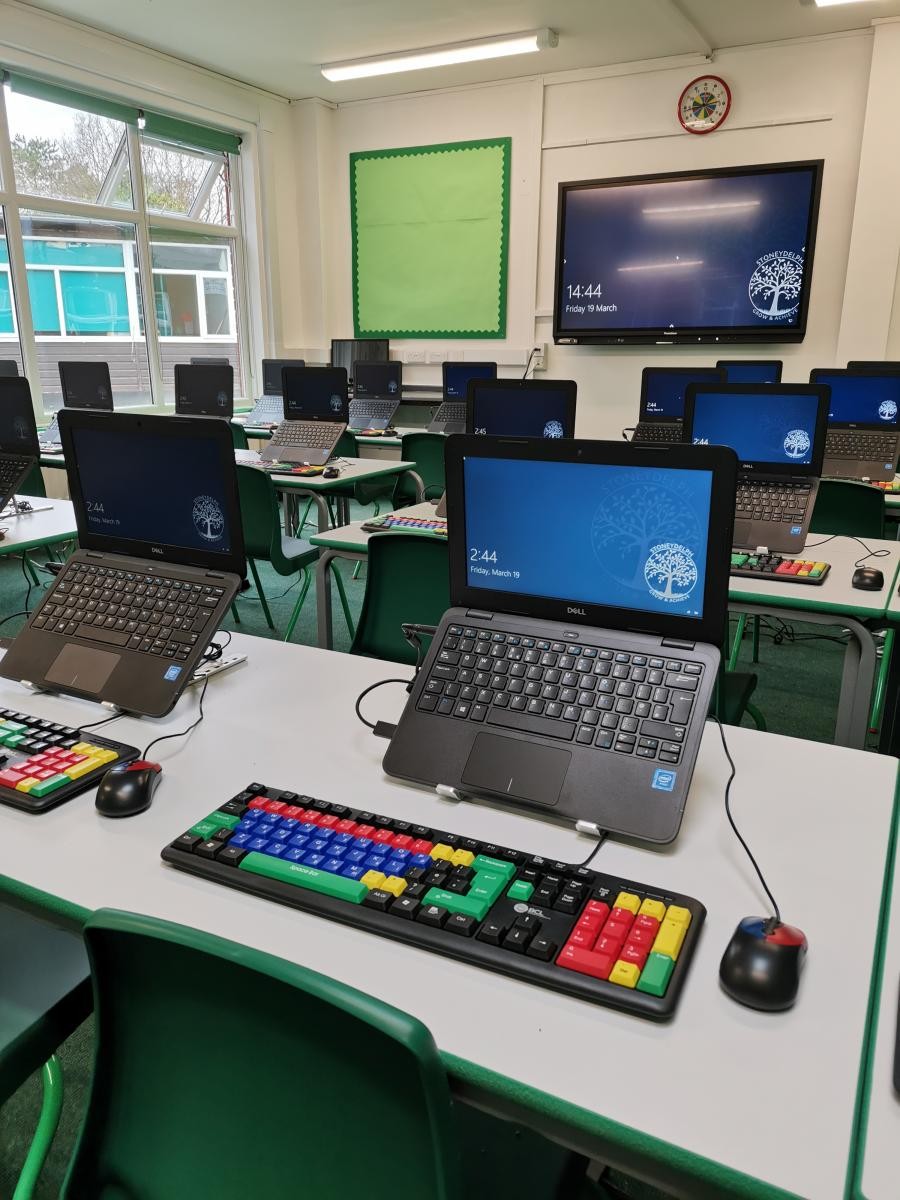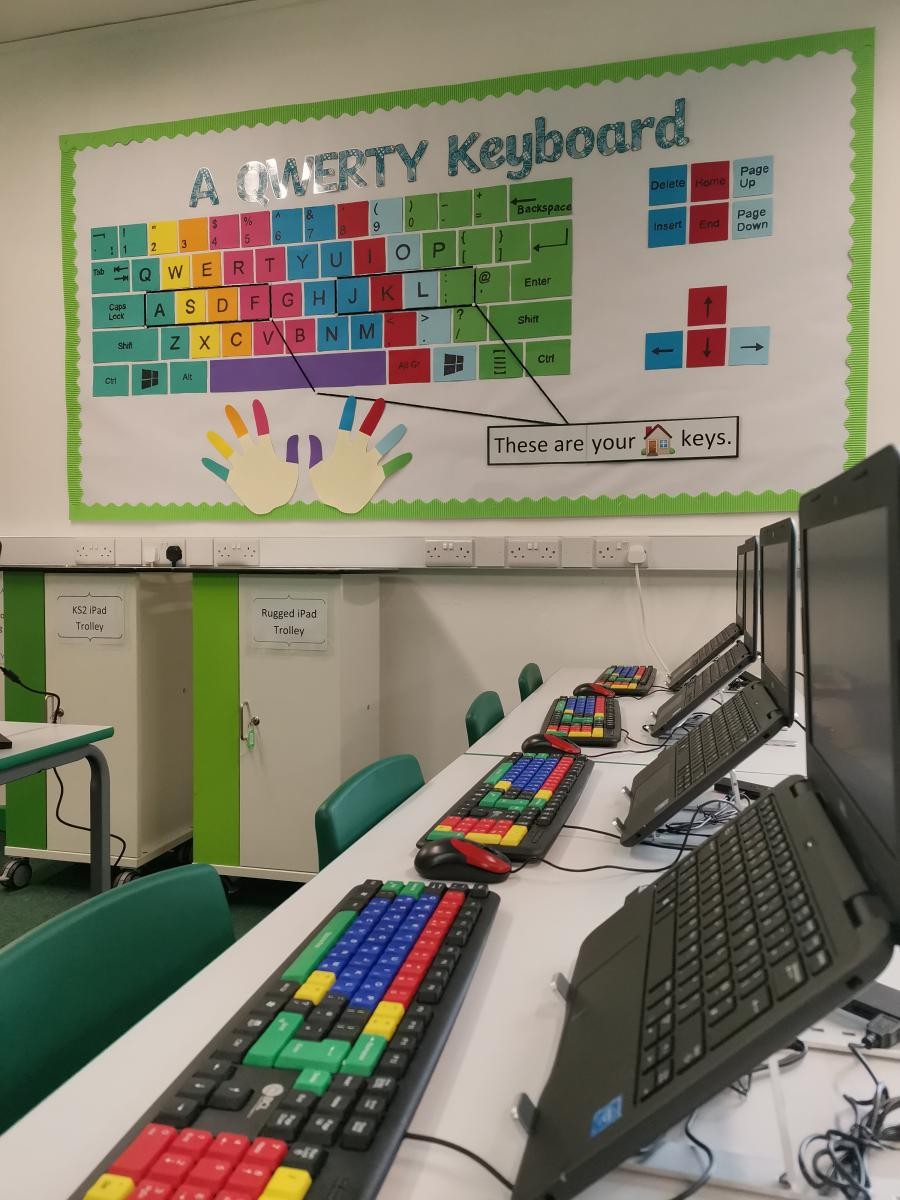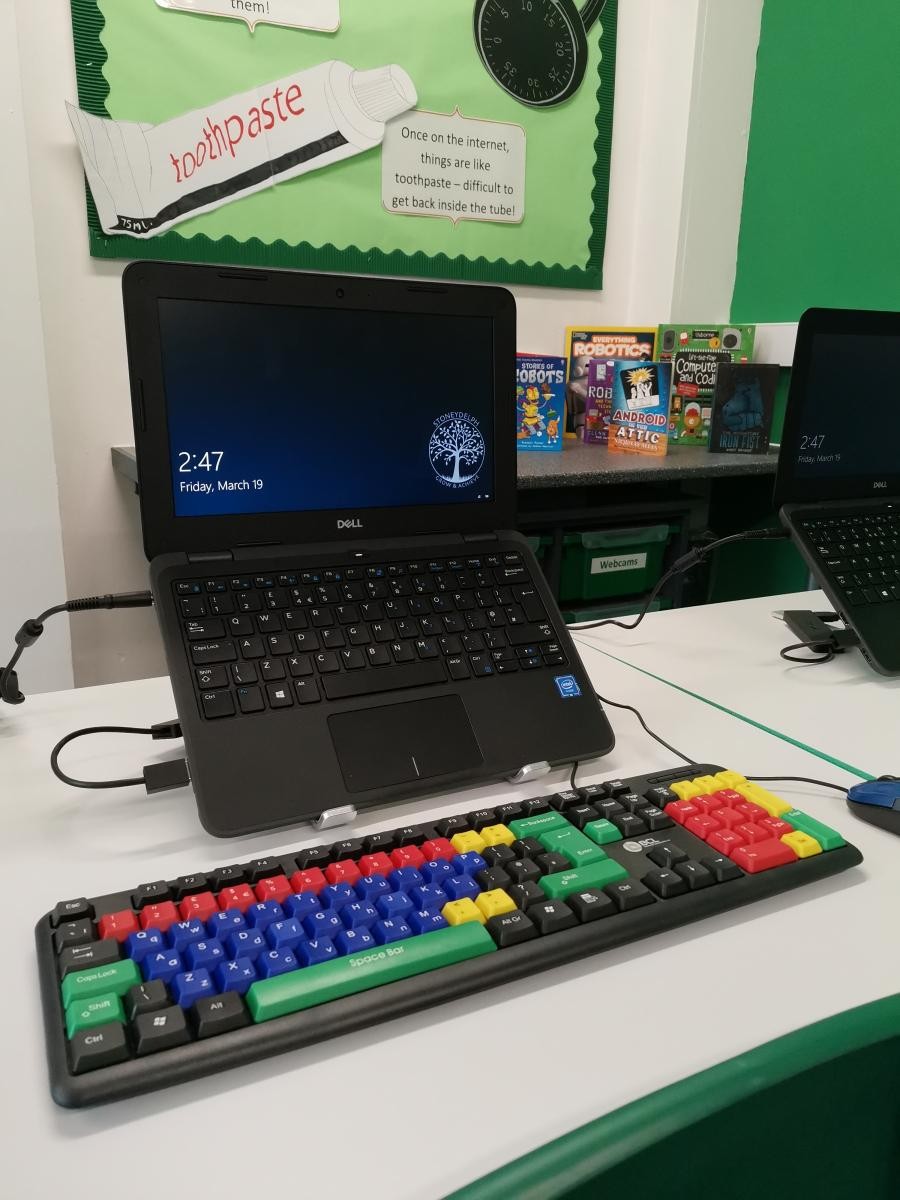Year 6 Stop Motion Animation Projects - 2023
A firm favourite of our year 6s is the unit where they get to make their own stop-motion animations. This year, all of the children have taken part in learning about the different types of film make-up and then explored how some of their favourite films use a film making method known as stop motion animation.
Stop motion animation also takes many forms from claymation (think about Wallace and Gromit) and puppetry (think about Boxtrolls) to also including figure animation, silhouette and cut out or top down animation. In school we have made cut out/top down animation films which have shown a direct link to our latest unit of Maafa and the Transatlantic Slave Trade. The children have planned, storyboarded and produce their own videos, which I'm very pleased to share with you below.
The Capturing : A Stop Motion Animation by DW, SHP, LC and HL
A stop motion animation to tell the story of a captured African duo taken into slavery and taken on the Middle Passage to the American colonies.
The Enslaved Triangle: A Stop Motion Animation by JD, EH, AJS, KT
Two slaves are loaded, as cargo, onto a slave ship and sailed to America to work the fields. The ships continue to sail around the world to Europe and Africa with cargo and tradable goods making up a passage known as the Transatlantic Slave Trade.
The Runaway Slave: A Stop Motion Animation by GC, AW, JK, CP
A slave attempts to runaway from the deep south of America to Canada. He is caught by the white masters who instruct him to fix the fencing around the plantation but the slave defies the owner again and this time escapes to freedom.
The Corn Incident: A Stop Motion Animation by CG, MH, LJ, HO
A starving slave picks and eats some food whilst harvesting corn, which results in a severe punishment from the white plantation overseer and owner.
The Black History: A Stop Motion Animation by JR, RG, CD, LC
A film that shows the horrors of The Middle Passage where individuals who were ill or at deaths door were tossed into the sea in a voyage that took them to Slavery.
The Slow Slave: A Stop Motion Animation by BT, MH, ATH, SS
A slow slave, working on the cotton plantations of America, is punished by the white overseer for being too slow and sold off at auction like cattle.
Please see the remaining two stop motion animation projects using the links below.
Project Slaves: A Stop Motion Animation by BK, KW, LW, RW
A stop motion animation that shows the journey that a slave takes around the world as part of the Transatlantic Slave Trade.
The Enslaved Triangle: A Stop Motion Animation by JD, EH, AJS, KT
Two slaves are loaded, as cargo, onto a slave ship and sailed to America to work the fields. The ships continue to sail around the world to Europe and Africa with cargo and tradable goods making up a passage known as the Transatlantic Slave Trade.
At Stoneydelph, we believe that online safety is a crucial part of your child’s education. Details of teaching online safety can be found under the Curriculum tab. We ensure that the schools ICT systems are secure and protected against viruses and malware. We block access to potentially dangerous sites and where possible, prevent the downloading of potentially dangerous files.
Click the link below for more information.
